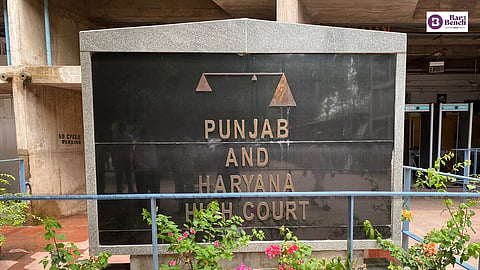
- News
- Columns
- Interviews
- Law Firms
- Apprentice Lawyer
- Legal Jobs
- हिंदी
- ಕನ್ನಡ

The Punjab and Haryana High Court recently ruled that the legal representatives (LRs) of a person who has died during the pendency of a divorce case cannot be permitted to fight the case on their behalf.